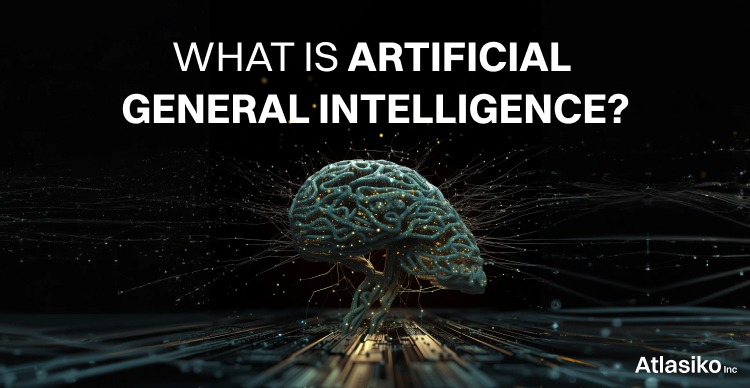Generative AI digs the graves of traditional search engines and virtual assistants, paving the way for new advancements
The latest advancements in artificial intelligence (AI) presented in the past week signify a significant shift towards artificial general intelligence (AGI), which aims to equal or surpass human intelligence. Demis Hassabis, the director of Google DeepMind, emphasizes this trajectory towards AGI as the future of AI.

The Evolution of AI: Unifying Search Engines and Virtual Assistants
Over the past decade, virtual assistants like Siri, Alexa, Hey Google, and Bixby have offered limited capabilities in responding and executing actions on connected devices. Similarly, search engines have been instrumental in providing answers and fulfilling user demands. However, the landscape is evolving rapidly, with AI advancements shaping the convergence of these services into a unified platform.

This transformation envisions a single tool or a "super-competent colleague" that can engage in human-like dialogues, analyze various forms of content (text, images, videos) across domains, offer sophisticated solutions, and execute tasks on behalf of users. According to Sam Altman, the CEO of OpenAI, this integrated platform will permeate all aspects of our lives, heralding a new era in AI technology.
The Rise of Artificial Agents with Natural Language Interfaces
The recent developments in AI mark a pivotal moment in artificial intelligence, introducing artificial agents with natural language interfaces to enhance user interactions. These agents are designed to plan and execute sequences of actions across multiple domains according to user expectations.

This new era of AI emphasizes the use of natural language to facilitate seamless interactions with machines. The autonomy of these AI agents enables them to develop plans and fulfill tasks on behalf of users, contextualizing user needs and delivering tailored solutions. AI has transcended its conventional role as a tool and evolved into a sophisticated system that can understand user preferences and generate personalized outcomes.
The Implications of Advanced AI Assistants
As AI technology progresses, traditional search engines and virtual assistants face obsolescence, giving way to more intuitive and intelligent AI assistants. These advanced AI assistants can engage in multi-step reasoning processes, creating personalized experiences for users based on their interactions and preferences.
The Future of AI: Astra and ChatGPT-4o
Google's new assistant, Astra, combines the capabilities of the Gemini search engine with humanized robotic features to enhance user experiences. Astra, along with ChatGPT-4o from OpenAI, represents the next generation of AI assistants that can perceive, reason, and act on behalf of users.




















